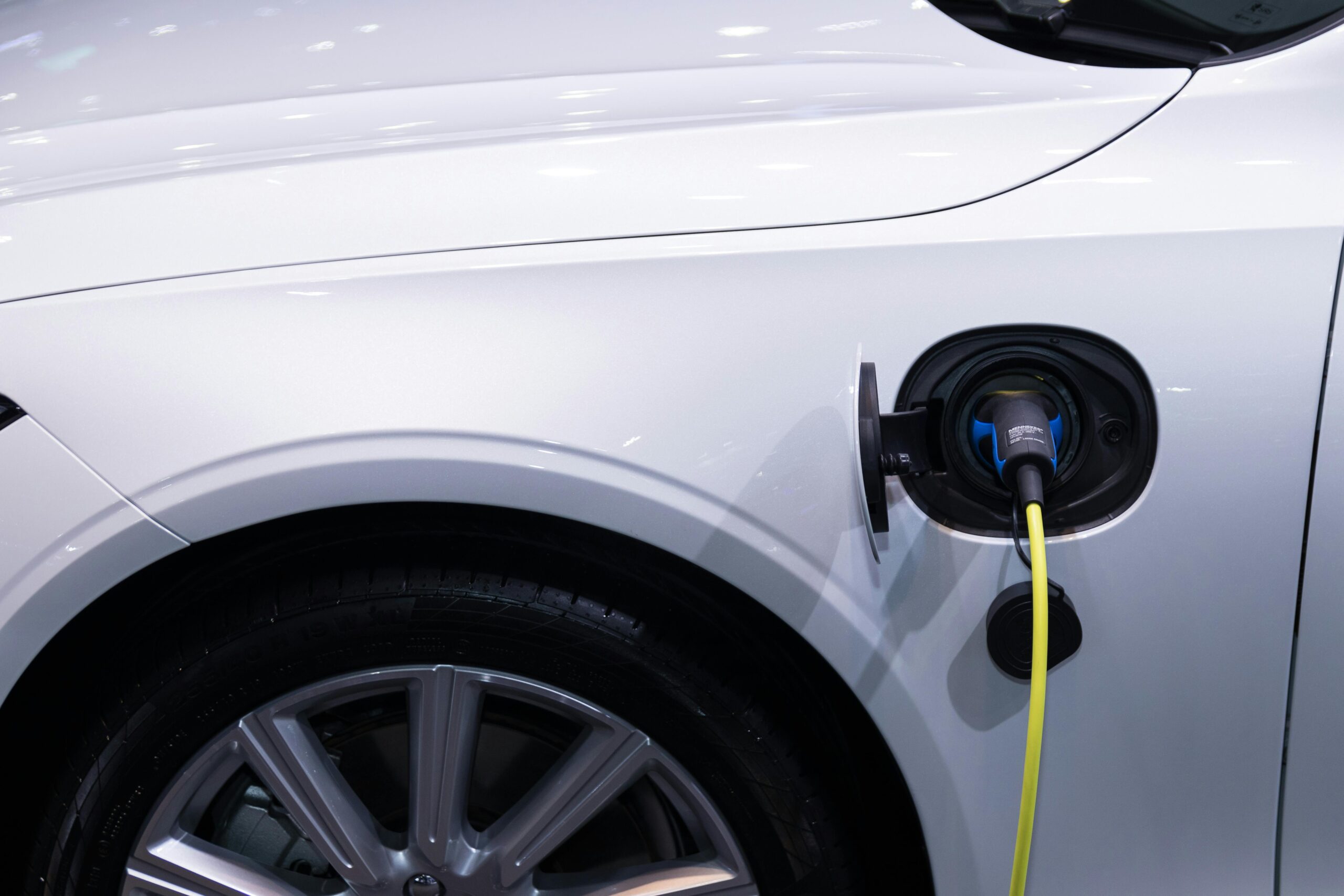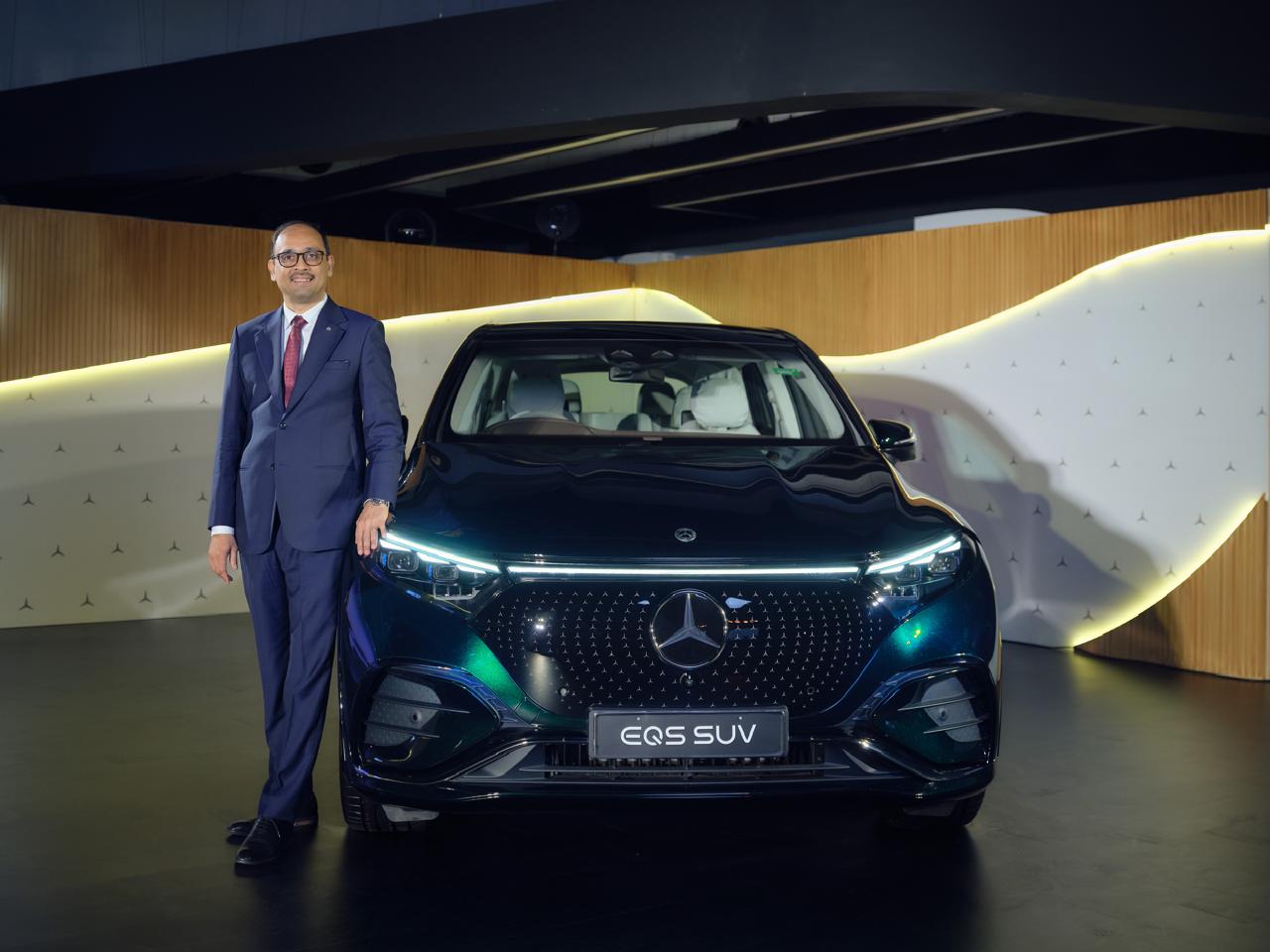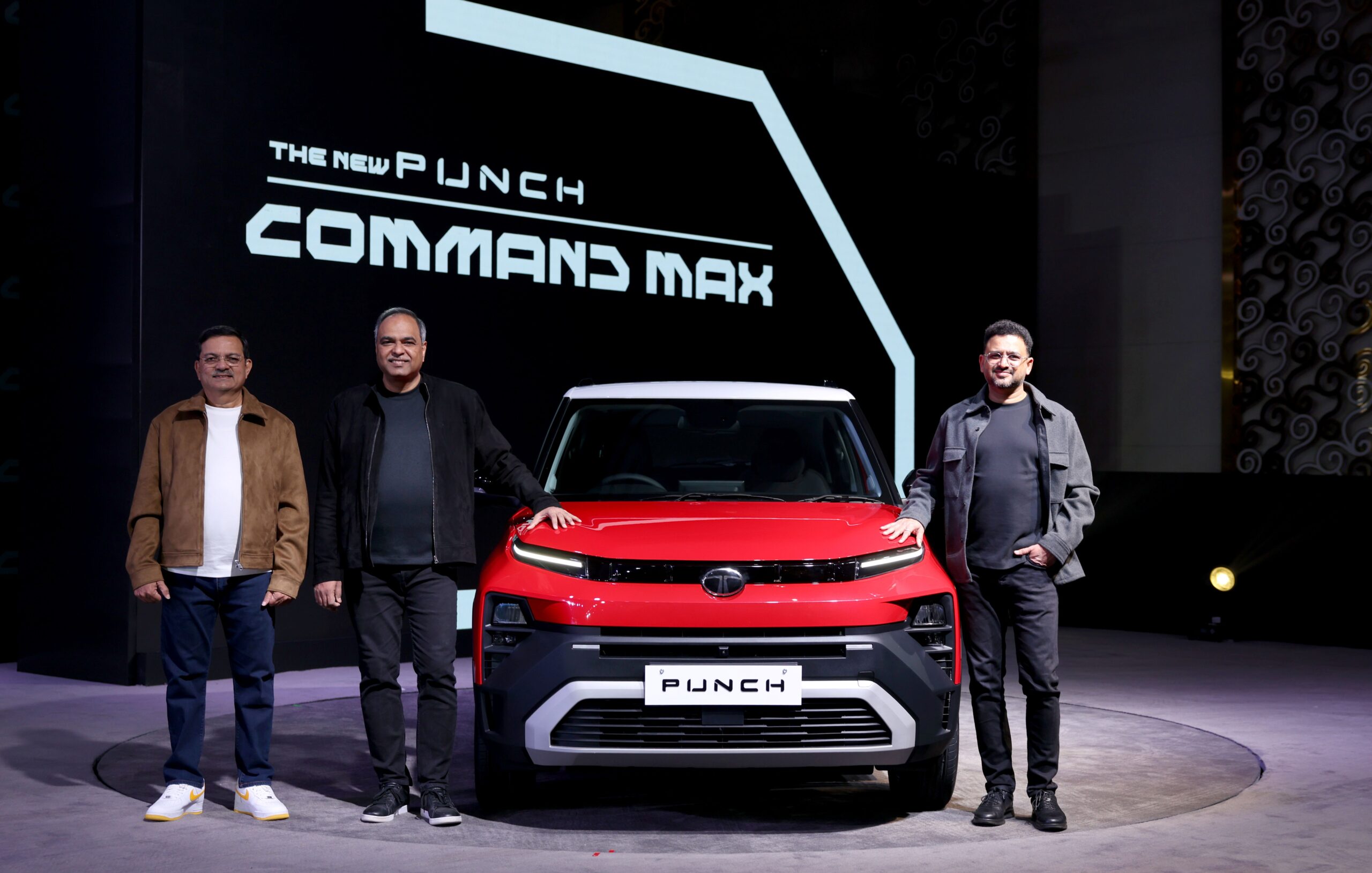India’s Electric Vehicle Market Accelerates Towards $114 Billion by 2029
New Delhi, May 2025 – India’s electric vehicle (EV) sector is racing ahead, fueled by robust government policies, surging consumer demand, and large-scale industry investments. According to the latest industry report, the Indian EV market, valued at US$ 3.21 billion in 2022, is projected to skyrocket to US$ 113.99 billion by 2029, registering a staggering CAGR of 66.52%.
This momentum comes as India sets an ambitious target of putting 80 million EVs on the road by 2030, including 30% of private cars, 70% of commercial vehicles, 40% of buses, and 80% of two- and three-wheelers.
Government Push Through PM E-DRIVE
A key growth driver is the PM E-DRIVE scheme, launched with a budget of ₹10,900 crore (US$ 1.30 billion). Running from October 2024 to March 2026, the program focuses on boosting EV adoption, scaling up manufacturing, and expanding charging infrastructure.
Under the scheme, ₹2,000 crore has been earmarked for public charging stations, extending access across both urban and rural India. This builds on earlier investments under FAME-II, which had already allocated ₹839 crore for EV charging facilities.
Surge in EV Sales
India’s EV market has seen remarkable sales growth:
- EV sales rose 27% in CY24, reaching 1.97 million units.
- In Q1 FY2025, electric car sales jumped 45% year-on-year, nearing 35,000 units.
- Electric two-wheeler (E2W) registrations surged 21.2% to 1.15 million units, while electric three-wheelers (E3Ws) rose 10.5% to 700,000 units in FY25.
Mumbai emerged as a leader in adoption, crossing 10,000 registered electric cars by mid-2024, accounting for a third of Maharashtra’s EV fleet. Meanwhile, Goa, Tripura, and Chandigarh topped the EV penetration charts, with over 10% of new vehicle sales being electric.
Charging Ahead with Infrastructure
As adoption grows, charging infrastructure is rapidly expanding. India had 26,367 public charging stations by FY2025, up from just over 12,000 in early 2024. Maharashtra leads the nation, followed by Delhi and Karnataka.
The government, industry players, and startups are working to address the country’s charging needs, with an estimated 1.32 million stations required by 2030. Companies like Hyundai, Tata.ev, and Adani TotalEnergies are rolling out ultra-fast charging hubs, while Bharat Heavy Electricals Limited (BHEL) is developing a super app to integrate booking, payments, and monitoring for EV users.
Heavy Investment and Industry Expansion
Global and domestic players are betting big on India’s EV growth:
- Tata Motors plans to invest ₹18,000 crore (US$ 2.16 billion) in its EV ecosystem and achieve 30–40% EV sales by FY30.
- Hyundai has committed US$ 2.45 billion to EV initiatives in Tamil Nadu over the next decade.
- Vietnamese automaker VinFast is investing up to US$ 2 billion in its first Indian manufacturing plant in Tamil Nadu.
- Ola Electric is gearing up for its IPO, the first by an Indian auto company in over two decades, with a projected size of ₹8,500 crore (US$ 1.01 billion).
Meanwhile, startups like Ather Energy, Yulu, and Revolt Motors continue to attract funding and expand operations, strengthening India’s EV innovation ecosystem.
Green Mobility for the Future
The shift is not limited to passenger vehicles. The Indian Army has begun deploying EVs at “Peace Stations” to cut fossil fuel use, while states like Karnataka and Bihar have announced aggressive policies for EV adoption and battery manufacturing.
Industry experts predict that India’s mobility sector will exceed ₹51.9 lakh crore (US$ 600 billion) by 2030, with EVs playing a central role. The EV battery market alone is expected to grow from US$ 16.77 billion in 2023 to US$ 27.70 billion by 2028, further fueling innovation and sustainability.
Conclusion
With rising consumer acceptance, supportive government policies, and record-breaking investments, India’s electric vehicle market is on an unstoppable trajectory. As the nation accelerates toward its 2030 goals, EVs are set to redefine mobility, reduce dependence on fossil fuels, and position India as a global hub for clean and sustainable transportation.
Report Courtesy: India Brand Equity Foundation
Picture Courtesy: www.pexels.com
Share this content:












Post Comment